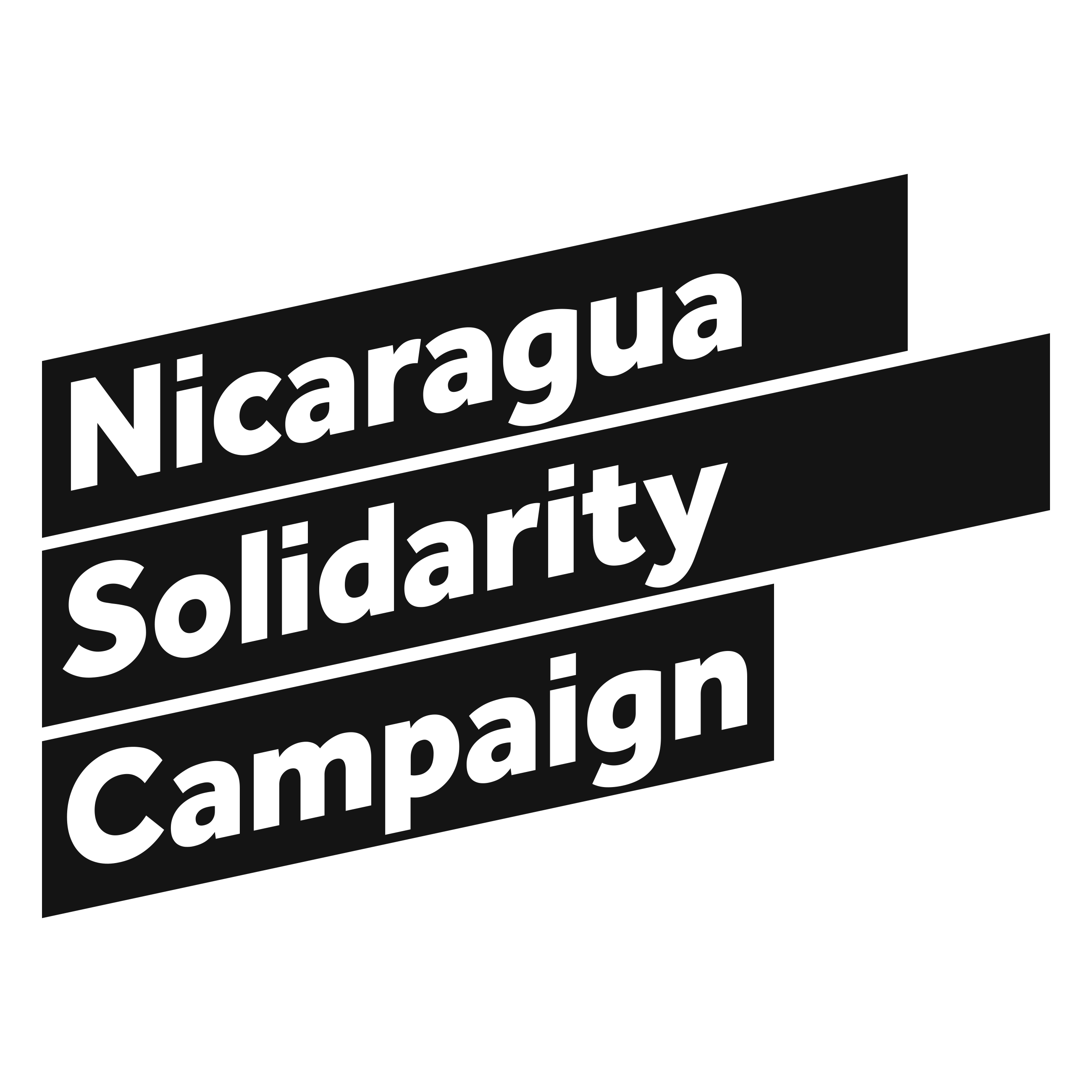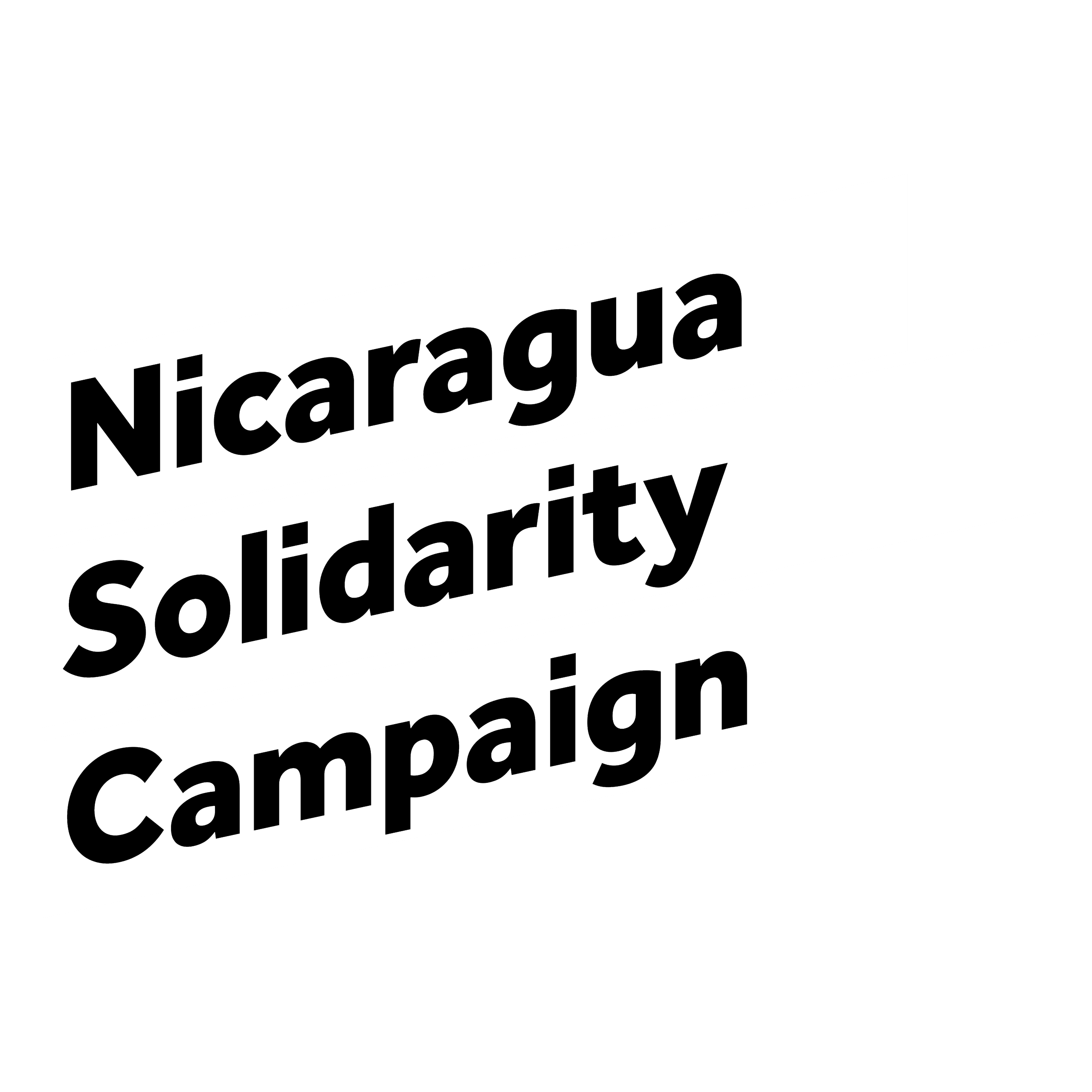Ciudad Dario: much more than a place to pass through
*Winnie Narváez Herrera visits three small businesses that form part of the social economy in the town of Ciudad Dario.
For many people, Ciudad Darío in the municipality of Matagalpa is a place they pass through on the Pan American Highway.
However, this small town, 80km from Managua with a population of 50,000, is a place of interest in its own right.
Originally named Totumbla, in pre-colonial times it was inhabited by the Ulúa people but in the 18th century was renamed Metapa.
It is the birthplace of Nicaragua’s world renown poet Rubén Darío and the writer Félix Pedro Pastora, among others.
The city lies in the fertile Sébaco valley with soil suitable for growing all kinds of crops. Therefore, agriculture has been the main mainstay of the economy since pre-colonial times.
An interesting geographical feature are three lagoons called Tecomapa, Las Playitas and that form a unique system of wetlands which dry up and then fill up again [according to the seasons].
Today the economy of Ciudad Darío is based on the cultivation of maize, beans, wheat and vegetables, but as everywhere in Nicaragua there is also a vibrant social economy of which the three enterprise below are examples.
Clinica Malespin: fusing Western and Eastern medicine

The clinic was founded in 2001 by Dr Johana Malespín who was born in Bilwaskarma in the Rio Coco region of the northern Caribbean Coast.
In 1981, at the age of 14, she was offered a scholarship to study in Cuba and managed to convince her mother to allow her to go.
In Cuba she went to secondary school and then on to medical school. Returning to Nicaragua in 1993 she faced many challenges but succeeded in finding a place in the public health system on the Caribbean coast.
Ten years later she moved to Ciudad Darío where she set up an innovative clinic that combines Western with Eastern medicine. This is based on the accumulation of diverse experiences throughout her life.
Johana’s grandmother used to make tea for her using a eucalyptus twig hanging in the house, and plant based medicine was used to heal minor ailments.
This is how the legacy of the clinic was passed down through the generations: Dr Johana Calderón, her daughter, specialised in oriental and later regenerative medicine, also in Cuba.
Currently the doctors are not part of the public [health] system, but they support the government model: “there is coincidence with the government’s macro programme to promote natural medicine and it would be a good way to contribute our experiences from a local, evidence-based point of view”. The clinic has patients not just from Dario but from all over Nicaragua particularly since the pandemic started.
Modas Rosibel: from cheese to uniforms and altar cloths

The business is owned by Rosibel Méndez who got an opportunity to go to school as a result of education programmes of the Sandinista government in the 1980s.
She remembers that in her home, among other enterprises, they made and sold cheese: “we couldn’t eat the cheese because that’s what we lived on”. At the age of 23, when she was unemployed, she started making clothes for her family.
“My mother gave me a treadle machine that she had inherited from her mother-in-law and that’s what I started working with”, said Rosibel.
In 2013, nineteen sewing workshops in Ciudad Darío formed a co-operative; although it did not continue in the longer term, it was a boost for all of them to develop their projects.
With the support of the precursor to the Ministry of the Family, Community, Cooperative and Associative Economy (MEFCCA), Rosibel started attending workshops and continued to investigate possibilities until she participated in a government small industry programme which enabled her to register her trademark.
She reflected: “Before, to embroider a shirt I had to go to Masaya, Estelí or Managua because I didn’t have a machine, or a brand, a label, nor any training. Thanks to this programme, I bought industrial machines, I was trained, I developed an advertising programme and I managed to get a loan which included an embroidery machine. I became one of the first businesswomen in Matagalpa.”
Rosibel has participated in many national events. Eighty per cent of her designs are personalised and the remaining 20 per cent are contracts with institutions for example for uniforms. However, her greatest inspiration has been the Ruben Dario commemorative events that have enabled her to explore her creativity.
With an interest in expanding her business, Rosibel looked for support through the national ‘Nicaragua Designs’ fashion and design events: “I had my products checked and they told me that I was eligible to participate”. This has allowed her to expand her market to an international level.
Café Don Marcos: rising like a phoenix from the ashes after the attempted coup

The Café is the owned by a young local man Marcos Vallecillo. The business started seven years ago as a coffee shop and bakery, continuing his mother’s legacy.
Marcos studied tourism and for a while worked at the National Tourism Institute but left because his ambition was to work in the hotel and restaurant industry.
“I have always liked cooking and my mother encouraged us set up our own businesses so I said one day I’m going to have a restaurant.’
The business was small and in 2018 it declined due to the economic crisis caused by the attempted coup. However, in 2019 it was restructured to become a restaurant. “I started working with my family and went on a trip where I learned a lot and started implementing new things.” Marcos explained.
The transition period was tough. Marcos reflected: “When I started, I felt so sorry to see the Café Don Marcos almost in ruins. We started developing ideas of what could be done because the place had the potential to be a beautiful so that it could emerge like a phoenix from the ashes.
These three enterprises are, among many others, examples of the dynamism of Nicaragua’s social economy thanks to the favourable conditions that have been created.
Moreover, they offer different, attractive economic activities in Ciudad Dario and help to dispel the myth that the town is just a place to pass through.
* Winnie Narváez Herrera is an education research worker with the online education project ÁBACOenRed

